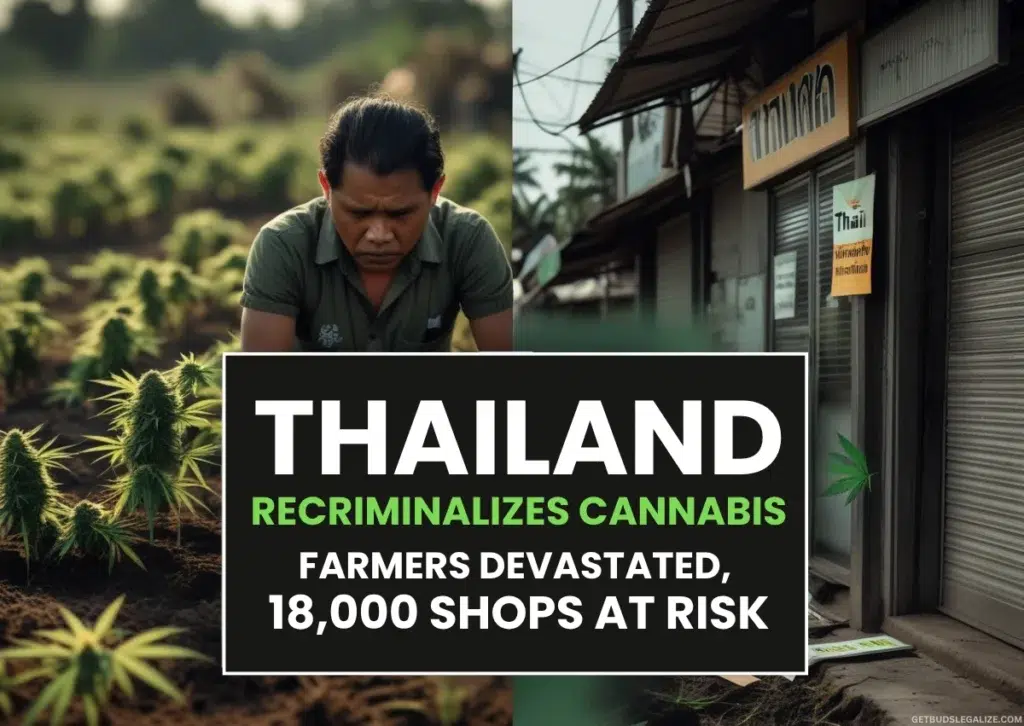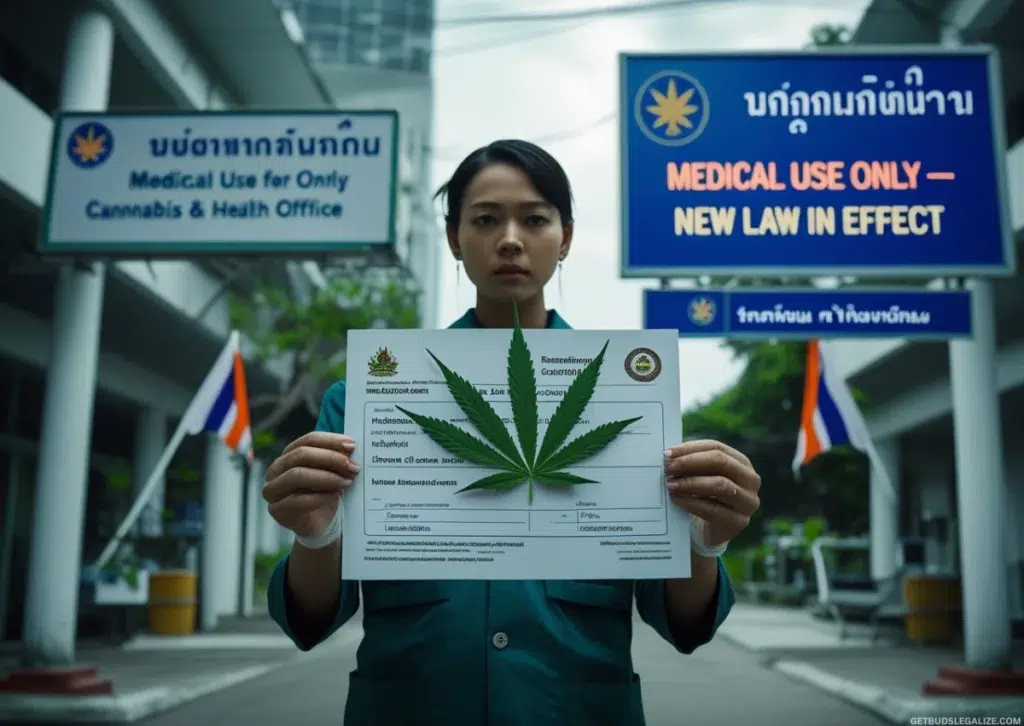New Zealand Approves Psilocybin Therapy: A Breakthrough in Psychedelic Mental Health Treatment
Summary: New Zealand has approved the use of psilocybin therapy for treatment-resistant depression, joining a growing list of countries embracing psychedelic-assisted medicine under strict regulations.
In a bold move that reflects shifting global attitudes toward psychedelic substances, New Zealand has legalized the therapeutic use of psilocybin, the hallucinogenic compound found in “magic mushrooms.” This decision marks a significant milestone in the evolution of alternative mental health treatments.
New Zealand Grants First Psilocybin Therapy License
On Wednesday, Associate Health Minister David Seymour announced that the government has granted prescribing rights to Dr. Cameron Lacey, a psychiatrist and professor at the University of Otago. Dr. Lacey, who has previously administered psilocybin in clinical trials, will now be permitted to prescribe the substance to patients suffering from treatment-resistant depression.
Dr. Lacey will operate under strict reporting, monitoring, and record-keeping requirements to ensure compliance and safety. Although psilocybin remains classified as an “unapproved medicine,” Seymour described the policy shift as a “real breakthrough” in mental health care.
“This is about giving hope where traditional medicine has failed,” Seymour emphasized.
He also expressed optimism that more psychiatrists will apply for the same prescribing authority, potentially opening access to a broader patient base.
Related Article:

Melatonin Restrictions Eased Alongside Psilocybin Reform
Alongside the psilocybin announcement, the New Zealand government also revealed plans to ease access to melatonin, a common sleep aid. While melatonin is widely available over the counter in many countries, it has remained more tightly regulated in New Zealand.
The change is expected to simplify treatment for sleep disorders such as insomnia, giving patients easier access to non-prescription remedies. However, no exact timeline has been announced for when these regulatory changes will take full effect.
Where Is Psilocybin Legal? Global Psychedelic Therapy Overview
New Zealand now joins a growing number of nations exploring regulated psychedelic-assisted therapy:
- Australia: Since July 2023, authorized psychiatrists have been allowed to prescribe psilocybin for treatment-resistant depression and PTSD under strict guidelines.
- Switzerland: Since 2014, the country has allowed the medical use of psilocybin, LSD, and MDMA—primarily for clinical research and approved mental health treatments under a compassionate access model.
- Canada: While psilocybin is generally illegal, Health Canada’s Special Access Program allows medical exemptions for specific conditions, such as end-of-life anxiety, major depression, and PTSD.
- United States (Oregon): In 2020, Oregon became the first U.S. state to legalize psilocybin therapy. Use is restricted to licensed service centers, and costs remain high—with sessions reaching $2,000 or more.
Related Article:
Shifting the Paradigm: What This Means for Mental Health
With the global rise in anxiety, depression, and PTSD, interest in alternatives to traditional pharmaceuticals is surging. Psilocybin—once relegated to the realm of illicit psychedelia—is gaining credibility as a legitimate treatment.
Studies from Johns Hopkins and Imperial College London have shown psilocybin therapy to be effective in up to 80% of patients with treatment-resistant depression.
What makes New Zealand’s move so important? It signals a broader willingness among governments to challenge outdated drug laws and embrace science-backed innovations in mental health.
As countries like New Zealand pave the way for psychedelic-assisted treatment, the global conversation around mental health is beginning to shift. Psilocybin is no longer a fringe solution—it’s becoming a legitimate tool in the future of psychiatric care.
Frequently Asked Questions (FAQs) about Psilocybin Therapy in New Zealand
Psilocybin mushrooms, often called “magic mushrooms”, are naturally occurring fungi that contain the psychoactive compounds psilocybin and psilocin. These mushrooms have been used for centuries in spiritual and healing rituals, and today, they are being scientifically studied for their potential to treat mental health conditions such as depression, PTSD, and anxiety.
No, psilocybin remains classified as an “unapproved medicine.” However, approved psychiatrists can now prescribe it for specific cases of treatment-resistant depression under strict guidelines.
Currently, only Dr. Cameron Lacey, a psychiatrist and professor at the University of Otago, is licensed to prescribe psilocybin for medical use. His approval was granted due to his prior experience conducting clinical trials with psilocybin. The government is encouraging more psychiatrists to apply for prescribing authority, though strict oversight and compliance measures remain in place.
In New Zealand, psilocybin therapy is currently approved for patients with treatment-resistant depression. Internationally, it is also being explored for PTSD, anxiety, addiction, and end-of-life distress.
Psilocybin affects serotonin receptors in the brain and helps “reset” neural pathways. In therapy sessions, it is often combined with psychological support to help patients process trauma or emotional blockages.
When administered in a controlled, therapeutic setting, psilocybin has been shown to be safe and effective. Clinical studies report minimal side effects and a low risk of addiction.
Psilocybin is rapidly metabolized into psilocin, the active compound that produces psychoactive effects. These effects typically last 4 to 6 hours, depending on dosage, body weight, and individual metabolism.
In terms of detection:
- Blood: Up to 24 hours
- Urine: 1 to 3 days (longer for heavy or frequent use)
- Hair: Up to 90 days
No. Psilocybin is not available to the general public. It can only be administered by an approved psychiatrist under medical supervision.
There is no confirmed timeline. The government expects a gradual rollout as more psychiatrists apply for prescribing rights and the regulatory framework evolves.
New Zealand joins countries like Australia, Switzerland, Canada, and the U.S. (Oregon) in allowing some form of regulated psilocybin therapy. Each country has its own rules on access and administration.
We rely on our partners to provide you with the best products and services. By purchasing from them, you support our website and get high-quality products. Thank you for being part of our community!
ILGM Fertilizer:
Feed Your Plants Right

The Ultimate Cannabis Fertilizer – designed to fuel every stage from seedling to harvest.
✅ Feeds 5+ plants
✅ Big savings with bundle
✅ Works in soil, coco, or hydro
✅ Supports bigger, healthier yields
























